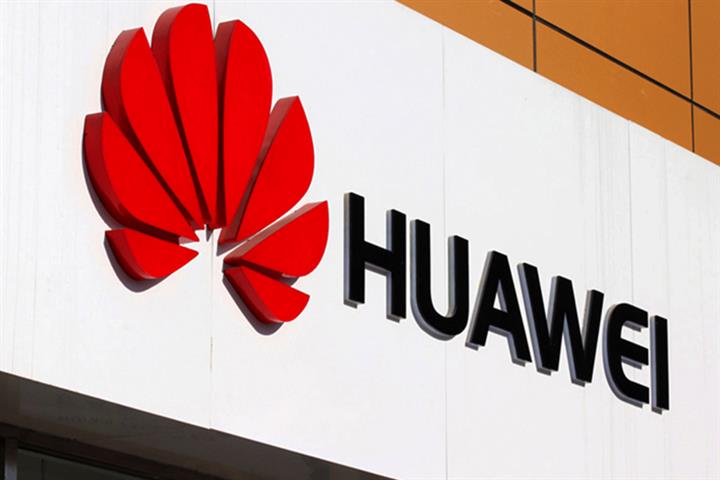 Huawei Launches Project Nanniwan to Develop US Tech-Free Devices
Huawei Launches Project Nanniwan to Develop US Tech-Free Devices(Yicai Global) Aug. 5 -- Chinese telecoms giant Huawei Technologies has set in motion its Nanniwan project that will develop products entirely free of US technology, as it strikes out on its own following a series of increasingly stringent sanctions by the US government, the Securities Times reported today.
The Nanniwan project will focus on hardware, in particular laptops, smart television displays and home automation products, that do not use US components and therefore are unaffected by US trade sanctions, the report said.
The US government placed Huawei on its so-called Entity List last May over national security concerns, barring US companies from buying its products and from selling it their hardware and software. This has meant that key apps, such as Google’s Play Store, Google Maps and Youtube, are no longer accessible on the latest Huawei phones, greatly affecting the general user experience.
This May, the US tightened the noose to include semiconductors not only made in the US but also those manufactured in other countries using US software and technology, inflicting great damage on the Shenzhen-based firm’s global supply chain.
Huawei has poured hundreds of billions of Chinese yuan into its Plan B, and that's why it has been able to withstand the first wave of the US attack, founder Ren Zhengfei said at the World Economic Forum in January. With this experience in hand, the firm is more confident about handling a second attack, he added.
Since the embargos, Huawei has scrambled to develop its own operating system and devices in order to operate independently. The Nanniwan project is named after a small village in northwestern Shaanxi province that was able to resist the Japanese during the Second Sino-Japanese War by tackling economic hardships head-on, becoming self-sufficient and not backing down from its aggressor, the report said.
Last August Huawei released its self-developed Harmony OS operating system. In April this year, it launched its P40 smartphone series, which is devoid of any Google technologies or American devices, said Richard Yu, chief executive of Huawei’s Consumer Business Group.
The firm’s latest US component-free laptops will be available from the middle of this month.
The personal computer market is dominated by US software giant Microsoft's operating system and US tech giant Intel’s hardware. Avoiding products made by these two giants is very difficult, and therefore Huawei’s new devices are very much anticipated, analysts said.
Editor: Kim Taylor